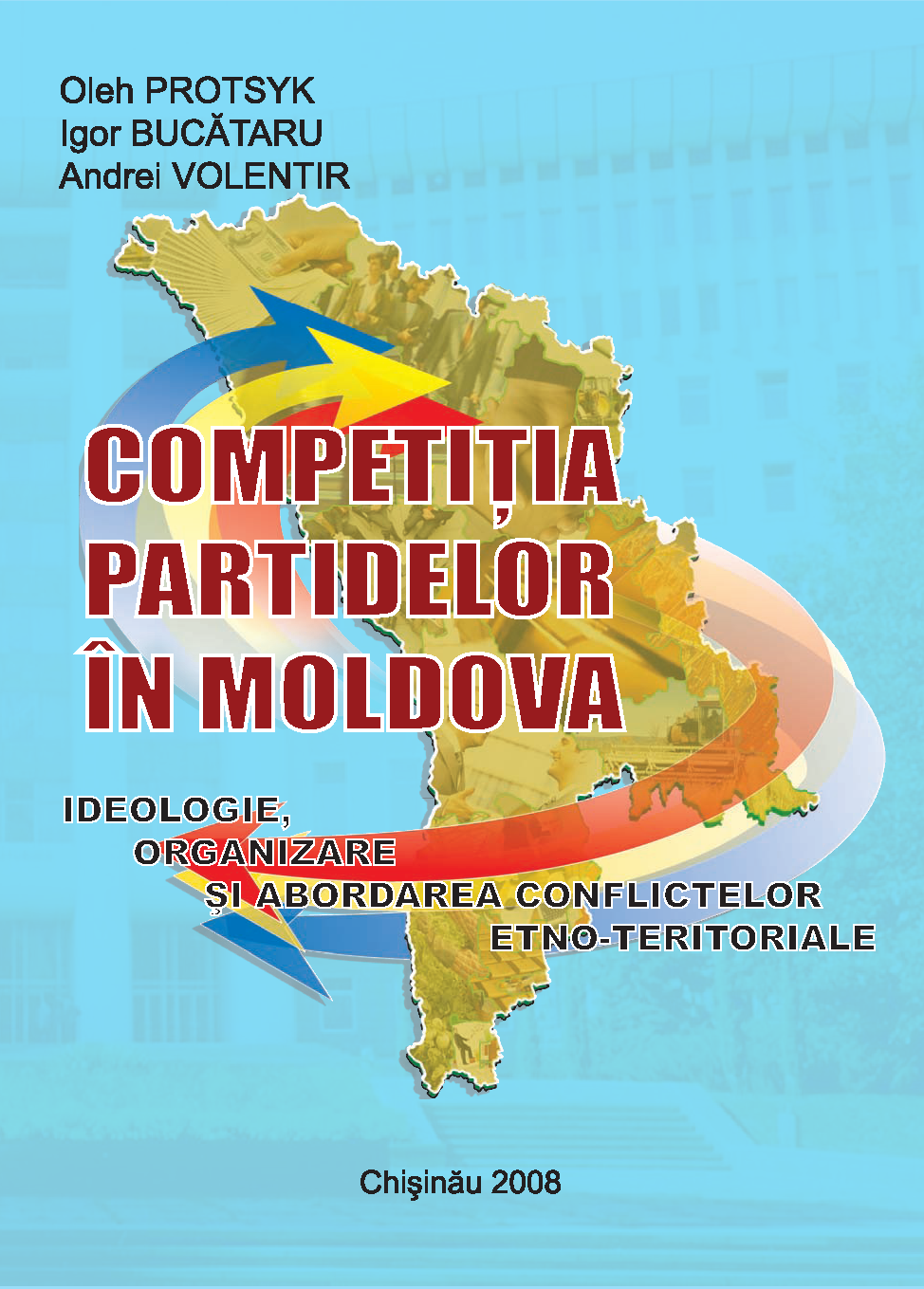
Content and Preface (Rom/Rus)
I. Party Politics and Quality of Democracy (Rom/Rus)
Conclusion (Rom/Rus)
Annexes (Rom/Rus)
|
Party
competition is one of the key elements of
representative democracy. This study examines some of the key
dimensions of
party competition which are critical for understanding the political
process
in new democracies. We are primarily concerned with exploring the
following three
issues. First, the extent to which the
ideological and policy appeals of political parties constitute a
primary
mechanism for linking individual parties with their electorate. Second,
the
nature and importance of various policy
and ideological divides that exist in
the party system. Third, the variation in forms of internal
organization and
party building strategies employed by
individual parties. Chapter I outlines why the study of party competition is also a study of progress in the process of democratic consolidation in Moldova. Chapter II presents details of our empiricial research strategy and covers such issues as questionnaire design, survey format, and sampling procedures for selecting respondents from the ranks of party functionaires and independent experts. Chapter III presents general findings on levels of ideological coherence of party positions, issue salience and issue polarization. It compares the perfomance of the Moldovan party system with the perfomance of selected Eastern European party systems (Bulgaria, Czech Republic, Hungary, Poland, Russia) studied by other scholars who employed a similar methodology. Chapter IV provides details on what the Moldovan parties’ positions on a wide range of individual policy issues are. Chapter V analyzes expert community positions and party differences over approaches towards the settlement of ethno-territorial conflicts in Moldova. Chapter VI turns to the matters of internal organization of political parties and presents an assessment of how decision-making power is distributed among key party bodies, what strategies parties use to secure funding for their political activities, and how parties organize and manage their membership base. |
